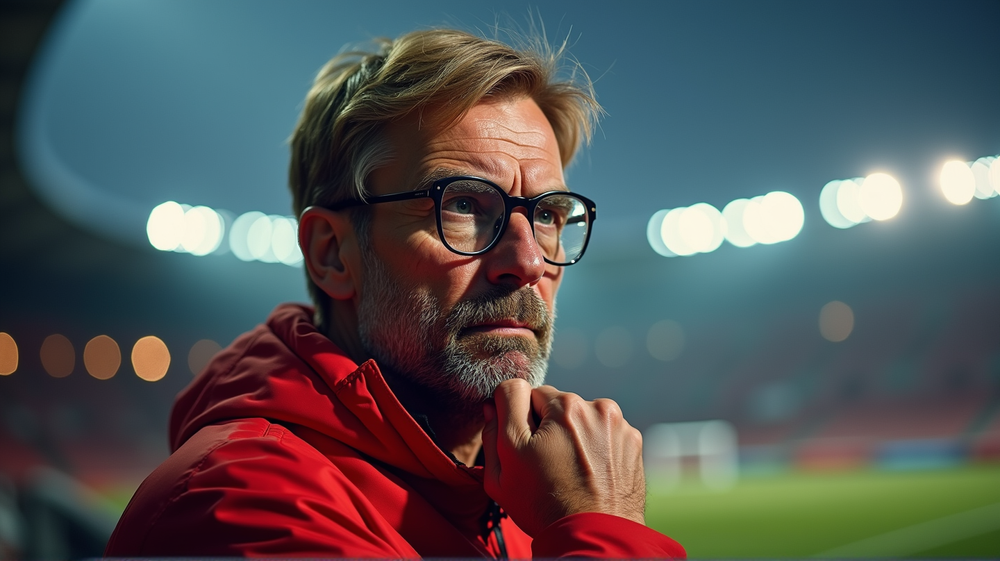Klopp Declares Club World Cup as Football’s Biggest Misstep
In a startling revelation, former Liverpool manager Jurgen Klopp has expressed profound discontent with the Club World Cup, labeling it as football’s “worst idea ever.” His apprehensions pivot around the escalating demands on players and the ensuing impact on their health and performance.
The Pressures of Player Welfare
Jurgen Klopp, now pivotal in Red Bull’s global soccer strategy, laments the increasing strain the Club World Cup places on players. As he steered one of Red Bull’s teams, Red Bull Salzburg, into this expanded tournament, Klopp harshly criticized the 32-team, 48-game format. Highlighting his concerns, he remarked, “People unrelated to the day-to-day business dreamt up something impractical.”
Klopp’s critique is not without foundation. According to BBC, global players’ union Fifpro has issued warnings over the lack of off-season rest, pressing Fifa with legal action, citing “abuse of dominance.”
The Ripple Effects on Fixture Congestion
This expanded fixture lineup has raised waves of unease beyond player fatigue. Manchester City’s Rodri suggested players were inching towards a strike due to over-scheduling, a sentiment echoed by other athletes like Manuel Akanji, who anticipates an untimely retirement due to the incessant demands of the game.
Contradicting these apprehensions, Fifa sources emphasize player welfare as central to their decisions, proposing measures like more substitutes and concussion protocols. However, Klopp remains unconvinced, forewarning of unprecedented injuries to come if player recovery remains overlooked.
Club World Cup: A Fragment of the Broader Picture
While the Club World Cup has enticed critics for exacerbating fixture clutter, Fifa counters that the competition simply replaces the former Confederations Cup slot. Nonetheless, senior players voice discomfort with this ever-crowded calendar.
Klopp Beyond the Dugout
Amidst all, Jurgen Klopp’s trajectory has shifted away from coaching, focusing instead on enriching emerging talents at Red Bull. Even as successors like Arne Slot thrive, leading Liverpool to league titles, Klopp persists in conveying the wisdom accumulated over years in the dugout.
Conclusion: Looking Towards Sustainable Football
In concluding his stark critique, Klopp extends a crucial reminder — that sustainability in football demands contemplation of players’ well-being. As his voice continues to echo across the sport, one wonders if organizations will heed it before it’s too late.
The intrigue surrounding Klopp’s strong statements, juxtaposed against Fifa’s placations, ensures this debate’s reverberations will be felt for some time. Can football find a balance and prioritize player welfare, or will pressing commercial interests prevail?




